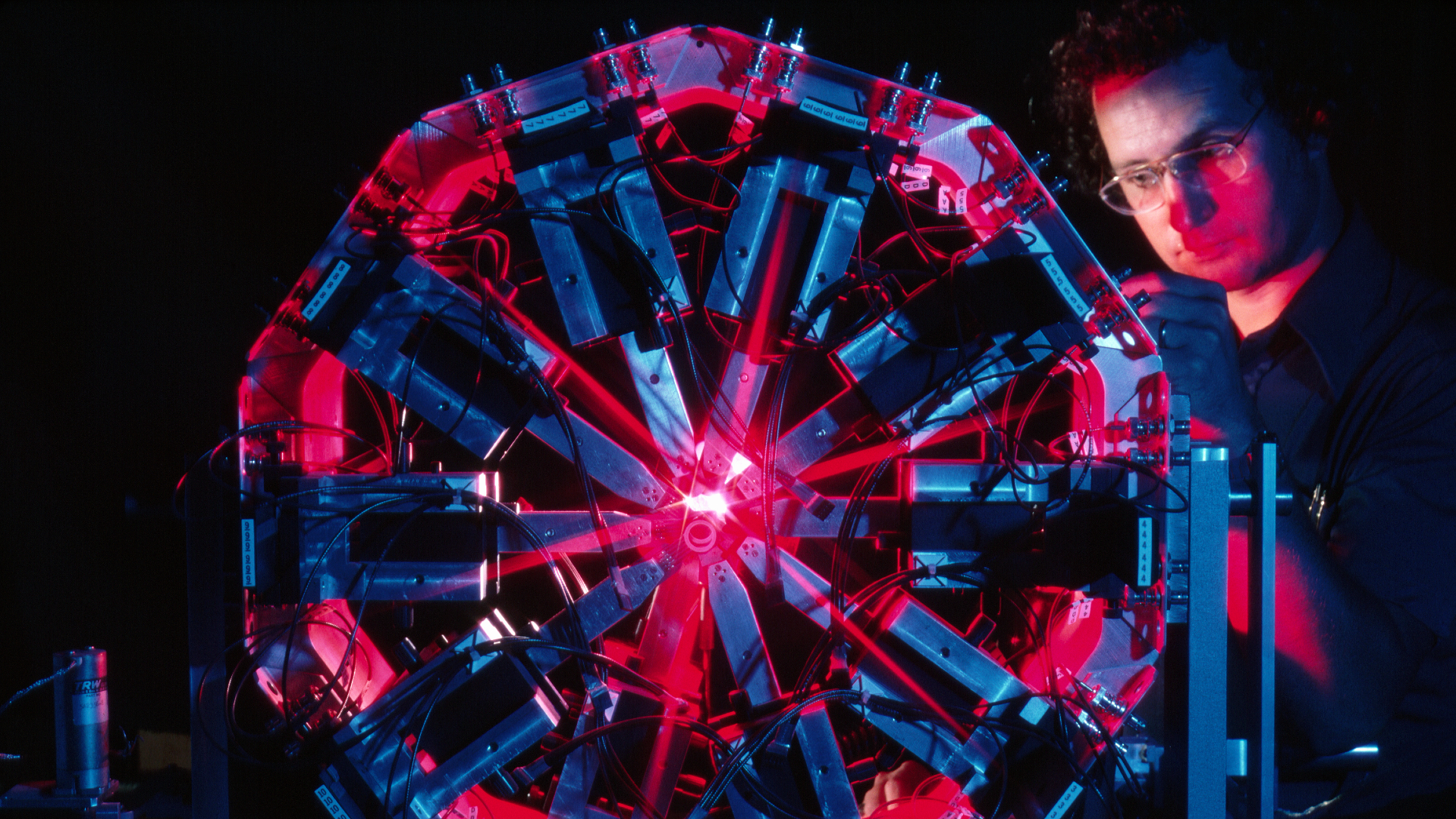Amateur Marathoners Run the Risk of Heart Damage
Get the world’s most fascinating discoveries delivered straight to your inbox.
You are now subscribed
Your newsletter sign-up was successful
Want to add more newsletters?
Join the club
Get full access to premium articles, exclusive features and a growing list of member rewards.
Running marathons may damage the hearts of amateur runners even those without pre-existing heart problems for up to three months, but the damage is temporary, according to a new study.
"We're surprised to see that even though you don't have any [pre-existing] anomalies, you can reversibly injure, but still injure, the heart by other mechanisms," said study author Eric Larose, a cardiologist and professor of medicine at Laval University in Quebec.
The study began in 2008, with 20 runners, ages 21 to 55, recruited from the Quebec City Marathon. These individuals ranged in fitness levels there was one first-time marathoner, several running club members and one 35-year marathon veteran.
Researchers examined the participants six to eight weeks before the race, and again less than 48 hours after the competition. The six women and 14 men went through a battery of examinations, including one called the VO2 max test, which measures the maximum amount of oxygen used by the body per minute of exercise. They also underwent magnetic resonance imaging (MRI) of their hearts.
After three months, researchers found 50 percent of the runners had a rise in a protein called troponin, which can indicate that a heart attack has occurred. While previous studies have shown increased troponin levels in runners, Larose and his colleagues discovered that only three of the participants had levels high enough to warrant further evaluation.
"If someone comes in after a marathon and says 'I have a chest pain,' and I measure troponins," Larose said, elevated levels could indicate the person has suffered a heart attack , but could also simply be the result of their running the marathon.
In the MRIs, the researchers found no evidence these runners had suffered heart attacks.
Get the world’s most fascinating discoveries delivered straight to your inbox.
"So the troponin rise that we see in marathoners cannot be attributed to necrosis (death of cells or tissue) or myocardial infarction," Larose told MyHealthNewsDaily.
What participants did experience, Larose said, was inflammation of the heart muscle that returned to normal after three months. "Any type of inflammation that does occur in these situations when you are well-trained is entirely reversible," he said.
One important finding was that 19 runners had at least one section of their heart muscle which researchers call a heart segment which showed decreased function during the run, Larose said. These individuals also experienced reduced blood flow within the tiny blood vessels that feed the heart, which can lead to damage.
The researchers found the number of dysfunctional segments in the hearts of runners was directly related to their level of fitness. "Runners who are less well-trained, less prepared, had more inflammation and more dysfunction."
Further studies will examine whether conducting a VO2 max test prior to races could cut the risk of this injury to the heart, Larose said.
The next steps, he said, are to figure out why runners can suddenly die of heart attack during or after a marathon when they have no history or signs of cardiac disease, and to find what can be done to prevent this in the future.
As a runner, Larose knows it can be difficult to follow an exercise program perfectly, or fit long practice runs into a busy schedule. However, his advice to non-professional runners : Don't cheat the system.
"You may push yourself because there is an aura in succeeding in the marathon, and a stigma to failing," Larose said. "This is the pressure we would like runners to take off themselves. If you are not sufficiently prepared, don't push the machine."
The study was funded by the Heart and Stroke Foundation of Canada and was presented today at the Canadian Cardiovascular Congress 2010.
 Live Science Plus
Live Science Plus










